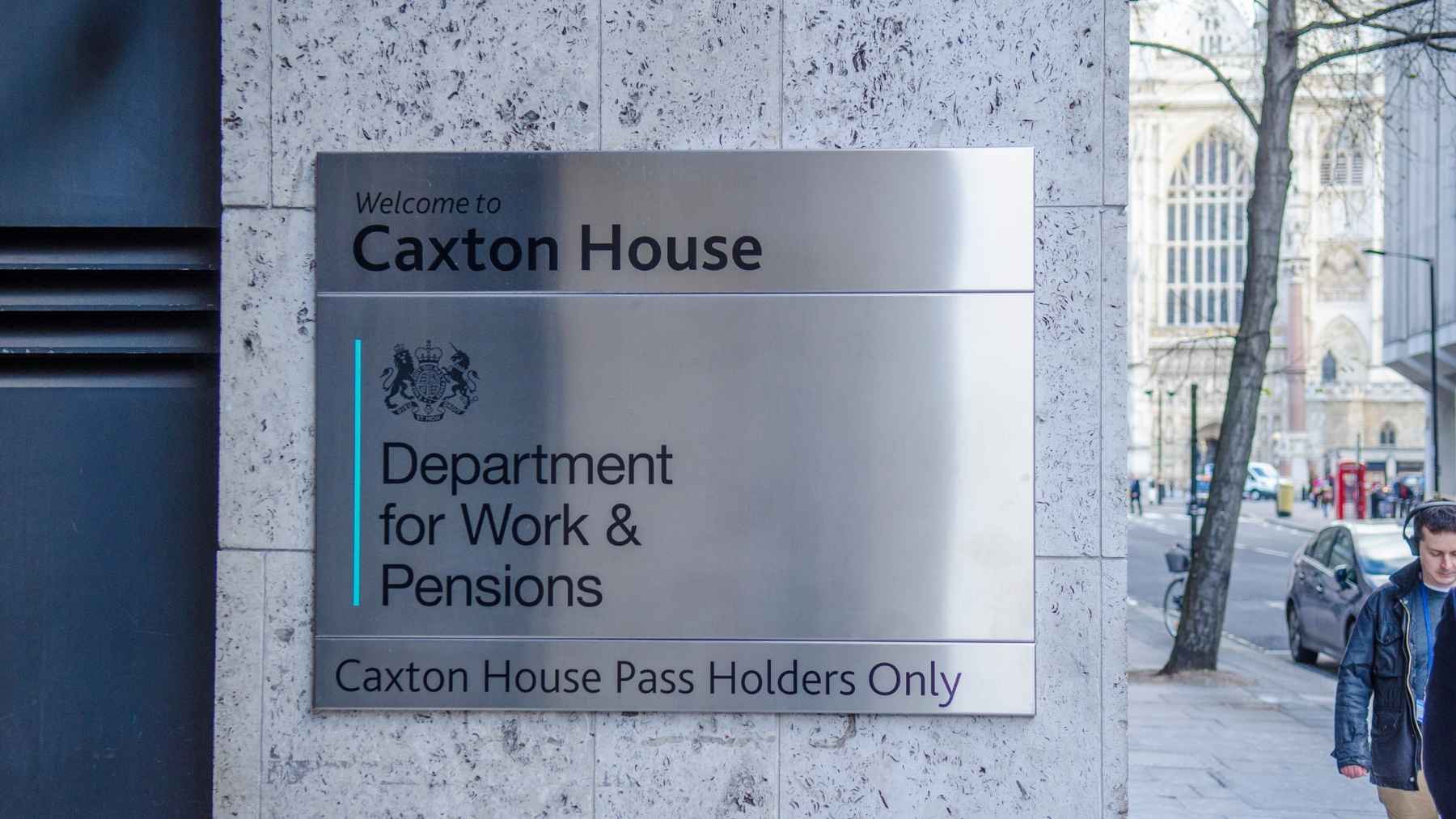The UK government has launched a review of state pension age, with Work and Pensions Secretary Liz Kendall stating that unless urgent action is taken, future pensioners will be poorer than today’s. The review comes at a time when data shows that nearly half of working-age adults are not saving for their retirements, and disparities in pension savings continue to widen across ethnicity, gender, and type of employment.
Why the State Pension Age Is Under Review
Currently, the state pension age is 66, with a scheduled increase to 67 in the next two years and another planned rise to 68 between 2044 and 2046. However, due to the new state pension age review, the planned increments will be reconsidered amid concerns over the affordability of pensions as life expectancy rises and more retirees draw benefits for longer periods.
The government is legally mandated to review the state pension age every six years. The last review was concluded in 2023, and this new announcement is expected to report back in March 2029.
The independent review will be led by Suzy Morrissey and will consider factors such as demographic changes, fiscal sustainability, and life expectancy.
Reviving the Pension Commission
Besides the pension age review, Liz Kendall announced the revival of the Pensions Commission, which was first created in 2002 under Tony Blair. The commission, now chaired by Baroness Jeannie Drake, will investigate why future retirees are on course to receive less income than today’s retirees. To solve this impending challenge, it will provide long-term policy recommendations by 2027.
In the past, the Pensions Commission has been credited with major reforms, such as the implementation of automatic enrollment. Since its introduction in 2012, the number of employees saving for retirement has increased from 55% to 88%.
According to Pensions Minister Torsten Bell, reviving the Pensions Commission is necessary to guarantee today’s workers a secure retirement in the future.
“The original Pensions Commission helped get pension saving up and pensioner poverty down. But if we carry on as we are, tomorrow’s retirees risk being poorer than today’s. So we are reviving the Pensions Commission to finish the job and give today’s workers secure retirements to look forward to.”
Stark Inequalities in Pension Saving
According to recent reports, there are stark inequalities in retirement preparedness. According to the Department for Work and Pensions (DWP), 45% of working-age adults are not contributing anything to their pensions. Only one in five self-employed individuals are saving for retirement, which is a 50% decrease from the 1990s.
Additionally, gender inequality is still a major issue. “Women who are now approaching retirement have half the private pension wealth of men, so the average woman in her late 50s can expect a private pension income of just over £100 a week, compared to £200 a week for men,” said Kendall.
The problem is worsened by economic pressures on younger generations who are unable to save due to high costs of living, especially increased housing rates. “Young people haven’t got a hope in hell of getting on the housing ladder,” Kendall said, adding that they are being “killed by rent,” contributing to a looming “tsunami of pensioner poverty.”
What’s Not Changing Right Now
Despite the financial struggles people are going through, the government has ruled out two changes. There will be no increase in pension payments, meaning that workers and employers will not be asked to pay more into pensions. Secondly, the triple lock stays, which guarantees that the state pension goes up each year by the highest of inflation, average earnings, or 2.5%, will not be changed.
Liz Kendall made it clear that the triple lock is “non-negotiable” and won’t be included in the current review.
Leaders Clash Over Pension Plans
These announcements have sparked political debate. Reform UK leader Nigel Farage said that raising the retirement age was inevitable given the increasing life expectancy. He also criticized the private pensions industry, saying that it had served people terribly but done frightfully well for itself.
On the other side, Conservative Shadow Chancellor Mel Stride accused the government of burdening businesses and failing to deliver real reform, and treating pensioners like “cash cows” by rising taxes on them.
Government Sets Timeline for Pension Overhaul
The review of the state pension age will take several years and is expected to be finalized in 2029. Both the pension age review and the newly revived Pensions Commission show that the government is serious about tackling the growing crisis in retirement savings.

